Check out this video, wherein I look at the using wooden bricks to make dungeon walls for a quick and convenient dungeon and stone wall solution in D&D and other RPGs.
Category: RPG Tips (Page 1 of 3)
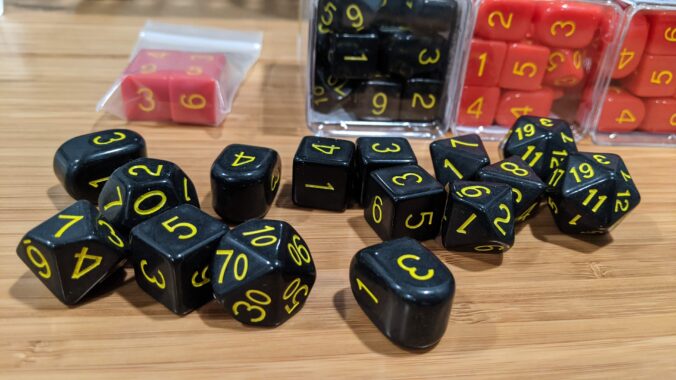
New Dice from Roll4Initiative
For the past few years, I’ve been a big fan of the slightly-oversized dice from Roll4Initiative. They’ve got a sale going on right now so if you’re interested, now’s the time to check them out!
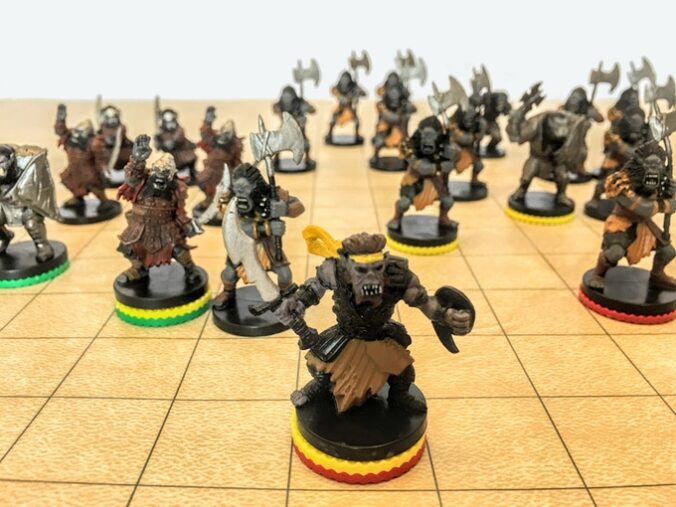
Using 1″ Poker Chips for RPGs and Wargames
I’ve been a big fan of using 1″ poker chips in RPG and wargames for years. Back in 2017 I pioneered the idea of Stoplight Damage™ and I sold sets of these tokens in my 5e Gamemaster Toolkit Kickstarter. Beyond their use in tracking damage in RPGs, I’ve also found them handy when differentiating squads of soldiers in 3+ player wargames. Need to differentiate your squad of six American WWII soldiers from the other two players with squads on your side? Just use sticky tack to affix 1″ tokens of the same color to your squad’s models.
The notion of a Session Zero is gaining in popularity in roleplaying games, especially when starting a longer-term RPG campaign. A Session Zero is setting aside the first game of a campaign (the session before Session One) to talk about what the players and GM want and don’t want during the upcoming games. It’s a great chance to level-set expectations, find key areas of interest, surface areas of discomfort, and listen to each other in order to collectively ensure everyone involved has a great time.
Owlbear Rodeo has quickly become my top choice for an RPG virtual tabletop tool due to its ease of use, elegance, and appearance.
Here are some of my top tricks, hacks, or hidden features I use when using Owlbear Rodeo.
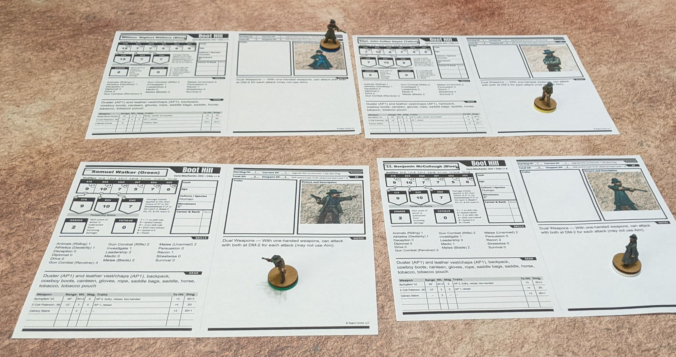
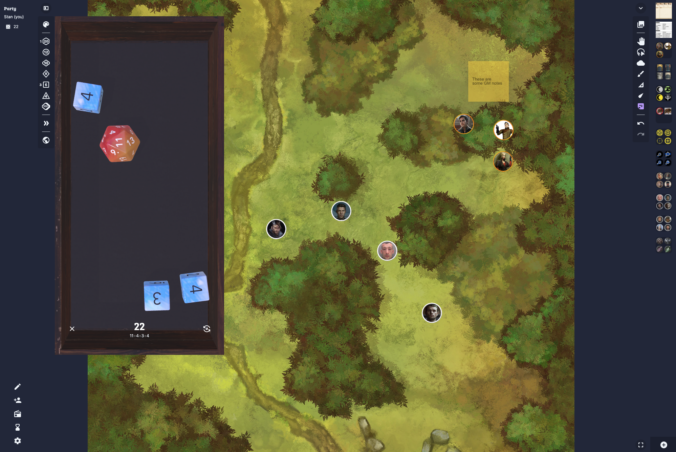
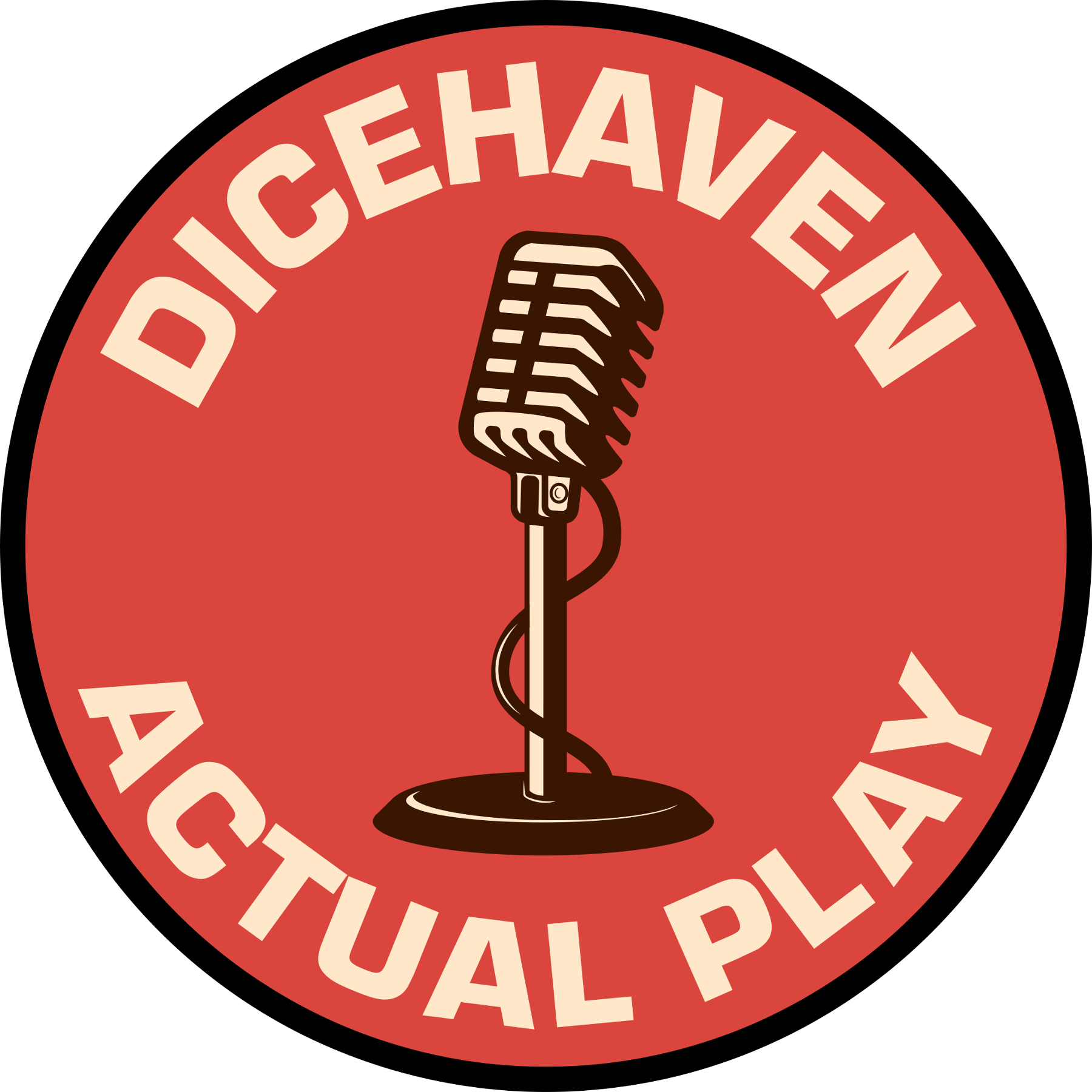
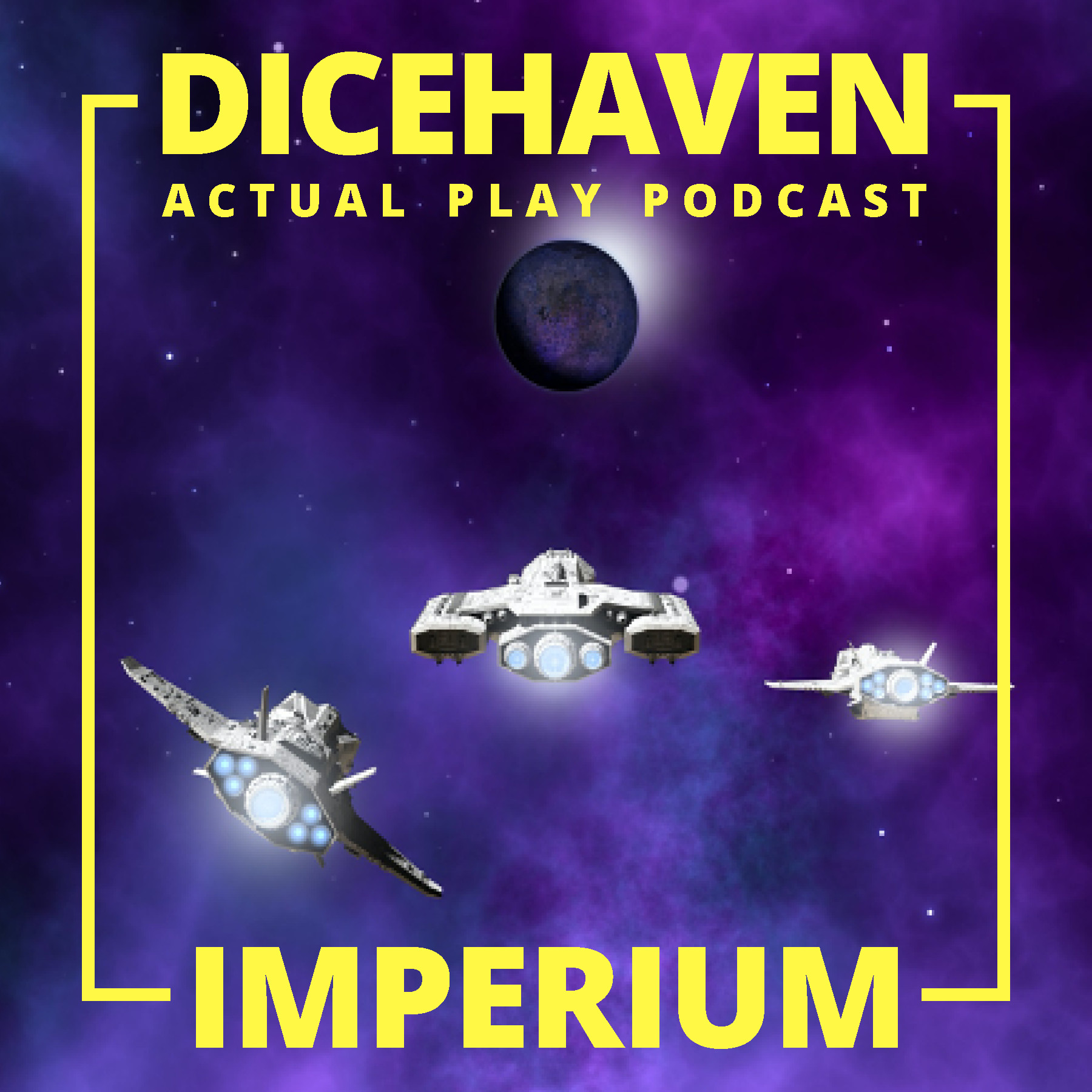
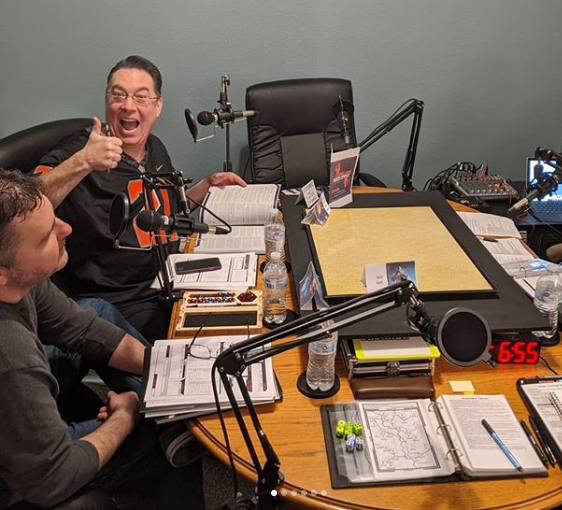
Recent Comments